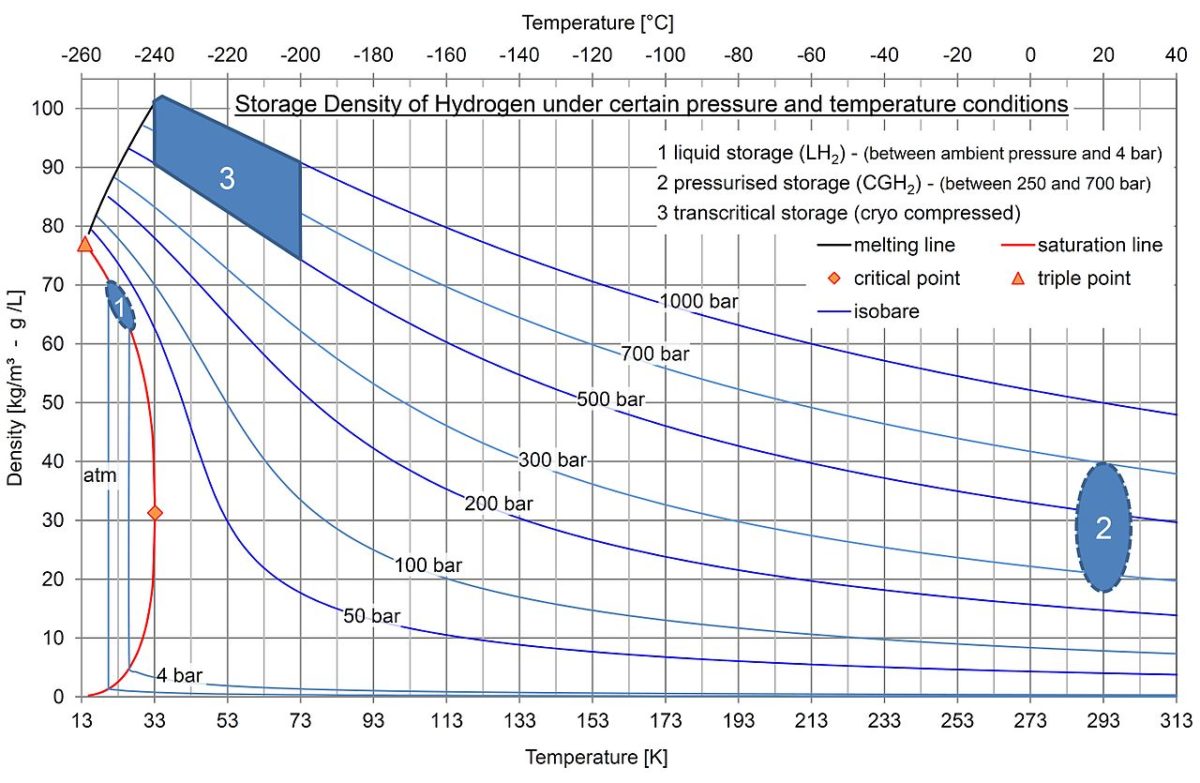Scientists from the U.S. Department of Energy's Pacific Northwest National Laboratory (PNNL) have developed a novel valuation framework for hydrogen storage that they claim can help utilities, regulators, energy suppliers and researchers assess the economic benefits of storing the clean fuel.
Called the Hydrogen Energy Storage Evaluation Tool (HESET), the new framework is an adapted version of PNNL's Energy Storage Evaluation Tool (ESET), which was created by the research group in 2013. It is able to assess individual system components, different hydrogen flow pathways, various grid and end-user services, and multi-dimensional couplings.
“This tool is unique in that it allows for modeling of stacked revenue streams, like grid services and several different hydrogen end uses,” said PNNL researcher Di Wu, noting that stored hydrogen may be used for grid services such as frequency regulation, capacity value, deferral of transmission or distribution equipment upgrades, demand charge reductions, and demand response.
According to Wu, hydrogen storage differs from other forms of energy storage, as it is able to interact with multiple sectors at a relatively low cost per volume for long-term storage.
The research team has already tested the novel tool on different configurations of electrolyzers with capacities ranging from 1 to 10 MW and discovered that, if properly sized, the system is not only economically feasible but it may also provide up to 1.5 times return on investment. “Economic benefits from bundling grid services can make a hydrogen energy storage project more cost-effective,” Wu further explained. “Value streams must be identified and appropriately monetized to make hydrogen storage a more financially competitive option and thereby adopted at scale.”
This content is protected by copyright and may not be reused. If you want to cooperate with us and would like to reuse some of our content, please contact: editors@pv-magazine.com.




1 comment
By submitting this form you agree to pv magazine using your data for the purposes of publishing your comment.
Your personal data will only be disclosed or otherwise transmitted to third parties for the purposes of spam filtering or if this is necessary for technical maintenance of the website. Any other transfer to third parties will not take place unless this is justified on the basis of applicable data protection regulations or if pv magazine is legally obliged to do so.
You may revoke this consent at any time with effect for the future, in which case your personal data will be deleted immediately. Otherwise, your data will be deleted if pv magazine has processed your request or the purpose of data storage is fulfilled.
Further information on data privacy can be found in our Data Protection Policy.